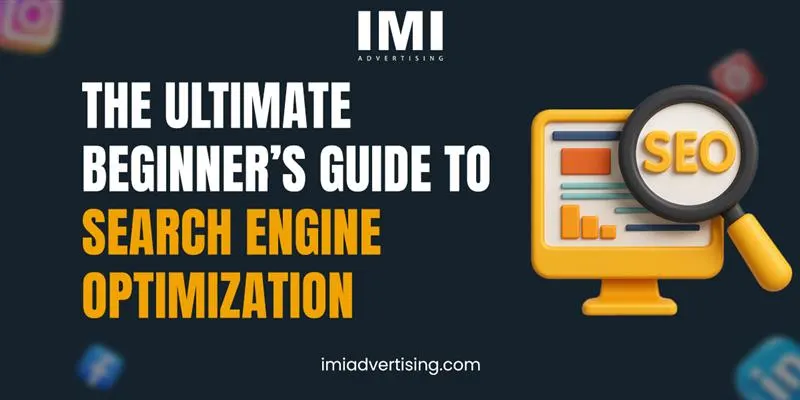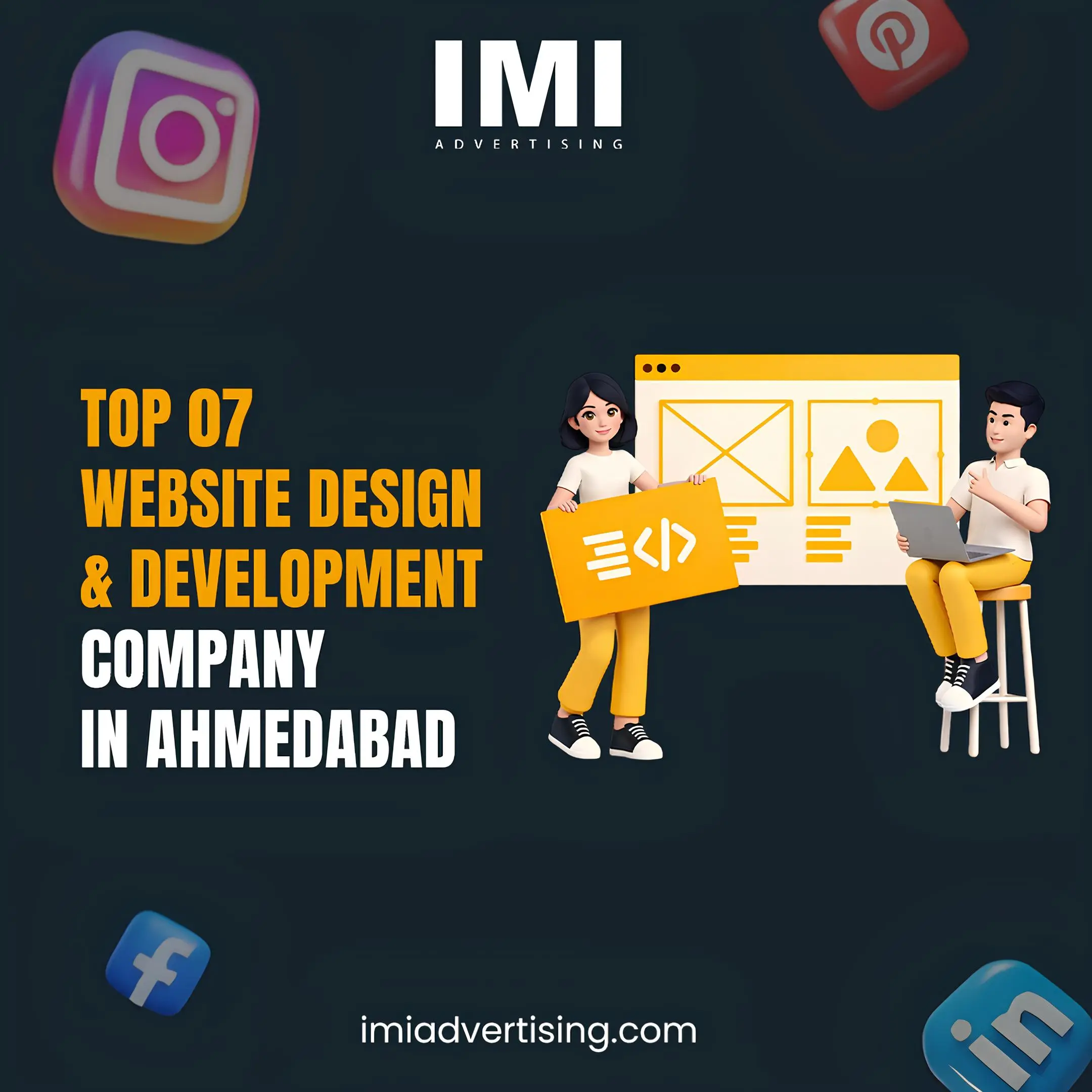The Ultimate Beginner’s Guide to Search Engine Optimization

What is SEO?
SEO, or Search Engine Optimization, is the process of improving your website so it can appear higher in search engine results whenever people search for topics, products, or services related to your business.
Think of Google as a massive library with millions of books. When someone searches for something, Google quickly scans all the “books” (websites) and tries to show the most relevant, useful, and trustworthy results. SEO acts like a guide that helps your website stand out, making it easier for search engines to understand your content and rank it higher.
With effective SEO, your website not only becomes more visible but also attracts the right audience, increases traffic, and improves the chances of turning visitors into loyal customers. Essentially, SEO helps your website get noticed by the people who matter most.
In short:
→ SEO = More visibility
→ More visibility = More clicks
→ More clicks = More business
Why is SEO Important?
Imagine having a beautiful shop, filled with amazing products, but it’s tucked away in a narrow alley where hardly anyone passes by. No matter how great your offerings are, people won’t find them unless you guide them there. SEO works like a bright, visible signboard that not only directs potential customers to your online store but also helps them trust that your business is reliable and worth exploring. With good SEO, your website becomes easier to find, attracts the right audience, and increases your chances of turning visitors into loyal customers.
Here’s why SEO is important:
- Increases visibility: Helps people find your website easily on Google.
- Builds trust and credibility: Top-ranking sites are seen as more reliable.
- Drives organic traffic: You get visitors without paying for ads.
- Improves user experience: SEO involves optimizing speed, design, and content quality.
Boosts sales and leads: More visitors mean more chances of conversions.
Types of SEO
There are three main types of SEO you should know:
1. On-Page SEO
This focuses on everything within your website – like keywords, content, titles, and internal links.
Examples:
- Using keywords naturally in your text
- Writing proper meta titles and descriptions
- Optimizing images with alt tags
- Keeping content clear and useful
2. Off-Page SEO
This is all about building your website’s reputation outside your own site.
Examples:
- Getting backlinks (other websites linking to you)
- Social media sharing
- Online reviews and mentions
3. Technical SEO
This deals with website performance and structure so that search engines can easily crawl and index it.
Examples:
- Mobile-friendly design
- Fast loading speed
- Secure HTTPS connection
- Proper site structure and XML sitemaps
How Does SEO Work?
Search engines like Google use “bots” to crawl websites and understand what each page is about. Then they use algorithms to decide which pages are most relevant for a search query.
Here’s a simple breakdown:
- Crawling – Google scans all web pages.
- Indexing – It saves and organizes the content.
- Ranking – It decides which pages appear first when someone searches.
If your website has well-written content, uses the right keywords, and provides value to users, it will naturally rank higher.
Basic SEO Tips for Beginners
Start with the basics: use the right keywords in your content, write clear and helpful articles, optimize your titles and images, make your website mobile-friendly, and link your pages internally. These simple steps can improve your site’s visibility and help search engines understand your content better.
- Do Keyword Research: Find what people are searching for using tools like Google Keyword Planner or Ubersuggest.
- Write Quality Content: Focus on helping readers, not just ranking keywords.
- Use Headings Properly: H1 for titles, H2/H3 for subheadings.
- Add Internal Links: Link your blog posts and pages to each other.
- Optimize Images: Compress images and add alt text.
- Make It Mobile-Friendly: Most people search on phones.
- Monitor Performance: Use Google Analytics and Search Console.
Remember — SEO is not a one-time task. It’s a continuous process that improves with time and consistency.
Common SEO Mistakes to Avoid
Even experienced marketers make these errors:
- Keyword stuffing (overusing keywords unnaturally)
- Ignoring meta descriptions
- Skipping mobile optimization
- Copying content from other websites
- Not updating old blog posts
Avoiding these can make a big difference in your SEO journey.
Final Thoughts
SEO may seem technical at first, but it’s really about helping people find valuable information easily. When your website offers useful, high-quality content, Google rewards you with better rankings.
So start small — choose the right keywords, write helpful content, and keep improving. With patience and consistent effort, SEO can turn your website into a powerful growth engine.
Suggested FAQs:
SEO means Search Engine Optimization. It’s the process of optimizing your website, content, and structure to help search engines understand your site, so it ranks higher and attracts more organic traffic.
SEO is a gradual process. Typically, it takes around 3 to 6 months to see noticeable results. The timeline depends on competition, website quality, keyword strategy, and how consistently SEO best practices are applied.
SEO focuses on long-term, organic traffic by improving your website’s visibility in search results. Paid ads bring immediate traffic but stop when the budget ends. Combining both strategies often gives the best results.
Hiring an SEO expert isn’t mandatory, but it can be helpful. Experts save time, avoid costly mistakes, and implement proven strategies to improve rankings faster, especially if you’re new or busy managing your website.
Keywords are specific words or phrases people type into search engines. Using the right keywords in your content helps search engines understand your page, match it with user queries, and attract the right audience to your website.
Get in touch with us for
Digital Marketing Services
09313100658
Available From 09:30 – 06:30
Email: support@imiadvertising.com





